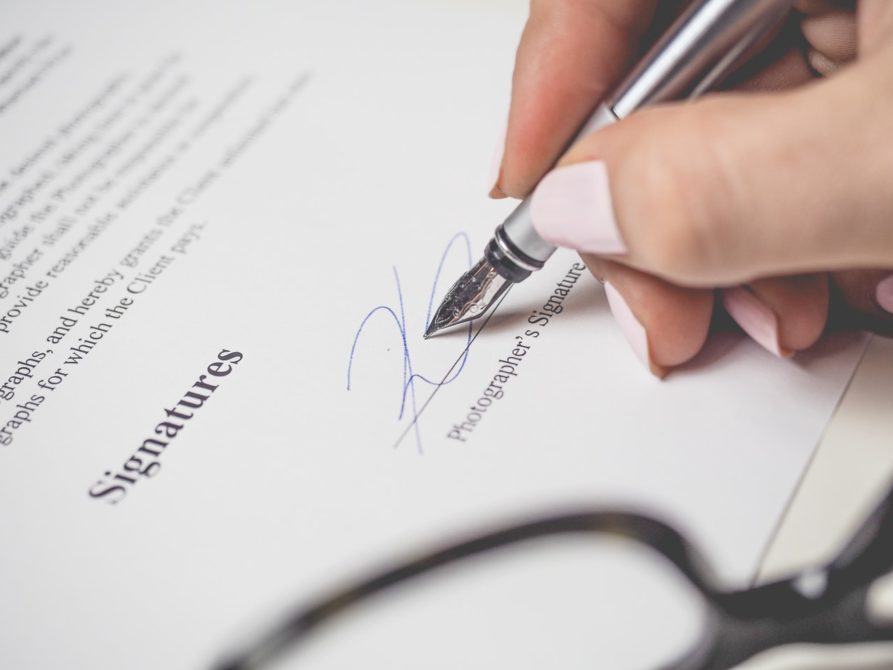Tenancy agreement – what to look out for
Whether you’re an existing tenant new tenant, your tenancy agreement is something you need to pay special attention to. Essentially it contains everything regarding the rental of your property including what you can and can’t do. It will also lay out clearly what your landlord expects from you, the length of tenancy and if bills are included. Having and understanding a tenancy agreement, either directly with a landlord or through an agency is important. Here, we look at what’s included and what to look out for.
What is a tenancy agreement?
A tenancy agreement acts as a binding contract between you and your landlord, setting out the legal terms and conditions of your tenancy. The tenancy agreement gives certain rights to both you and your landlord. It will determine whether it’s fixed term or periodic (running on a week-by-week or month-by-month basis). In addition to the standard points, you and your landlord may have made additional arrangements about the tenancy. These will also be included as part of the tenancy agreement. It’s important to remember that the agreement can give both you and your landlord more than your statutory rights, but not less.
Written tenancy agreements
The agreement should be signed by all tenants and your landlord. If there are joint tenants, each tenant should receive a copy of the agreement for safe keeping.
- As a general guide these are the following points that should be included:
- Tenant and landlord’s name and the address of the property which is being let
- Date the tenancy began
- The duration of the tenancy, that is, whether it runs out on a certain date
- Details of whether other people are allowed the use of the property and, if so, which rooms
- The amount of rent payable, how often and when it should be paid if it can be increased
- What the rent includes – for example any bills
- Whether your landlord will provide any services eg: maintenance of common parts
- The notice period you and your landlord need to give to end the tenancy – there are statutory rules about how much notice to give and this will depend on the type of tenancy and why it’s ending
It’s always a good idea to read a tenancy agreement carefully, and to ensure all details are correct. This protects both parties should you wish to refer to something further down the line.
Are you a landlord looking for additional help to manage a property? Check out our local property management service.



